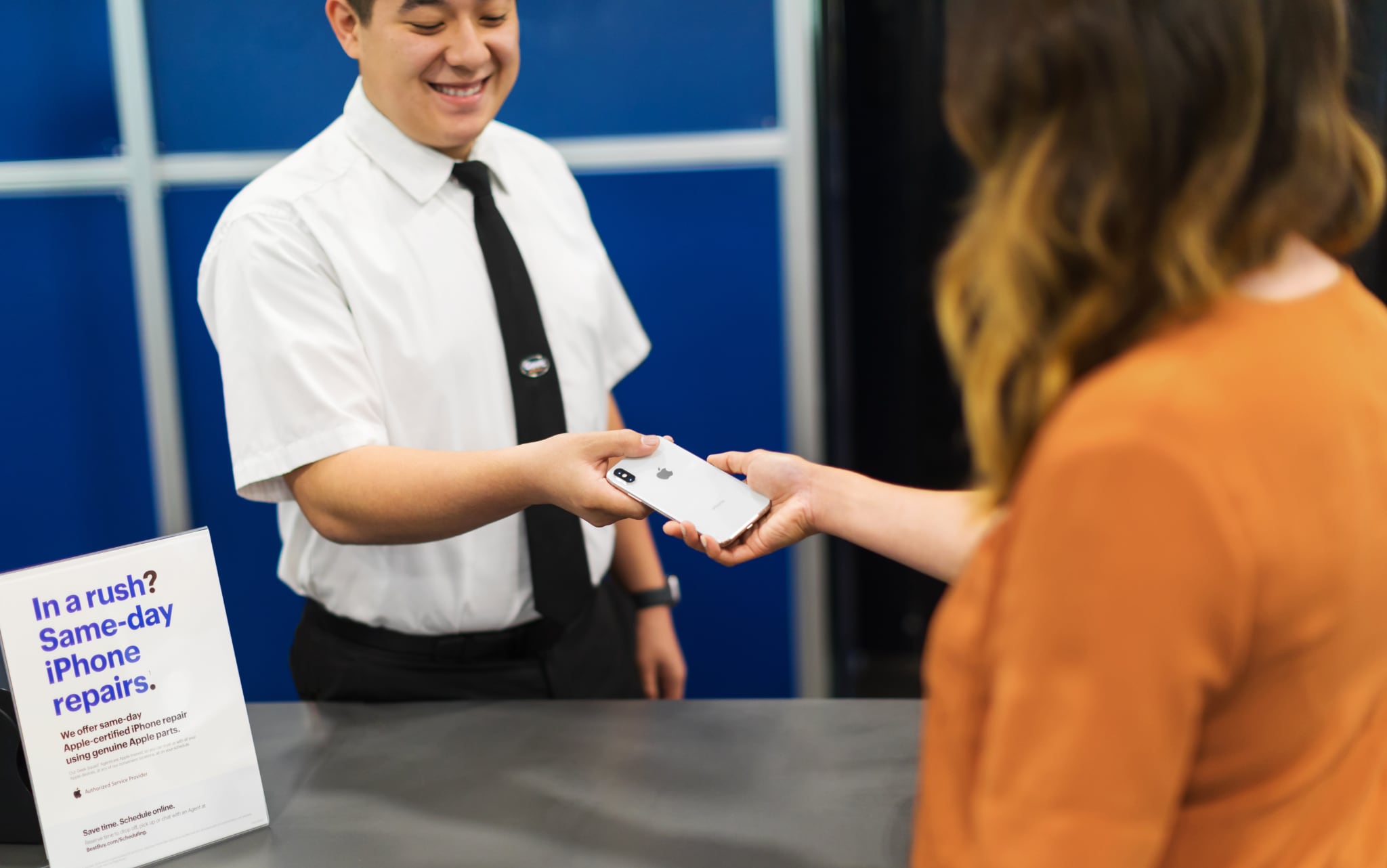
In August of last year, Apple launched the Independent Repair Program (IRP), which permits independent repair shops to fix out-of-warranty Apple-branded products like the iPhone.
At the time, the move was touted as a pretty positive one, as it meant more third-party repair shops could get the chance to repair Apple’s devices with official parts. However, it’s moths later now and Motherboard was able to get its hands on a contract for one of those repair shops, describing it as “invasive” and detailing how, even if a shop leaves the program, Apple can still enact audits and inspects after the fact.
Basically, it sounds like Apple pulled an Apple: make a move that, while positive in the broad strokes, certainly veers for more favorable terms for the company.
Sure, the IRP has its limitations right out of the gate, but the move was perceived by many as a step in the right direction for a company that has, traditionally, fought against the right-to-repair movement. But now that people outside of the repair shops have been able to see the contracts they’re forced to sign if they want to be part of the program, advocates and lawyers are calling the terms not only “onerous”, but downright “crazy”. The agreed-to terms would give Apple significant control, and give the company free rein to enact audits and inspections whenever it sees fit.
In order to join the program, the contract states independent repair shops must agree to unannounced audits and inspections by Apple, which are intended, at least in part, to search for and identify the use of “prohibited” repair parts, which Apple can impose fines for. If they leave the program, Apple reserves the right to continue inspecting repair shops for up to five years after a repair shop leaves the program. Apple also requires repair shops in the program to share information about their customers at Apple’s request, including names, phone numbers, and home addresses.
Another step in the process actually includes customers. According to the contract, these third-party repair shops have to present the fact that they are not Apple Authorized Service Providers, and when they do business with a customer that person, or persons, have to sign documentation that indicates they are aware “they are not receiving repairs from an authorized service provider”.
And, of course, the contract covers prohibited repair items:
If Independent Repair Provider learns or suspects that it has prohibited products in inventory,” the contract reads, “Independent Repair Provider will… notify Apple, remove prohibited product listings, and discontinue use and sales of the prohibited products.” Businesses that discover prohibited products in their inventory will also “assist Apple’s investigation of such prohibited products,” and “send prohibited products to Apple, at Independent Repair Provider’s expense, for secure destruction and recycling.
To make sure that these independent repair shops are following the rules, Apple’s contract also details “broad latitude” for surveillance, allowing Apple to audit the shops whenever they want.
The contract is making it so that some third-party repair shops shy away from Apple’s deal, while others are signing up because they want repair parts directly from the manufacturer. Even if it means they have to sign the contract to get them.
This all sounds very Apple. A lot of steps and red tape and everything in between, making sure that Apple can cover its own bases at any given opportunity. But what do you think? Based on what you’ve heard, do you think the contract sounds “crazy”?